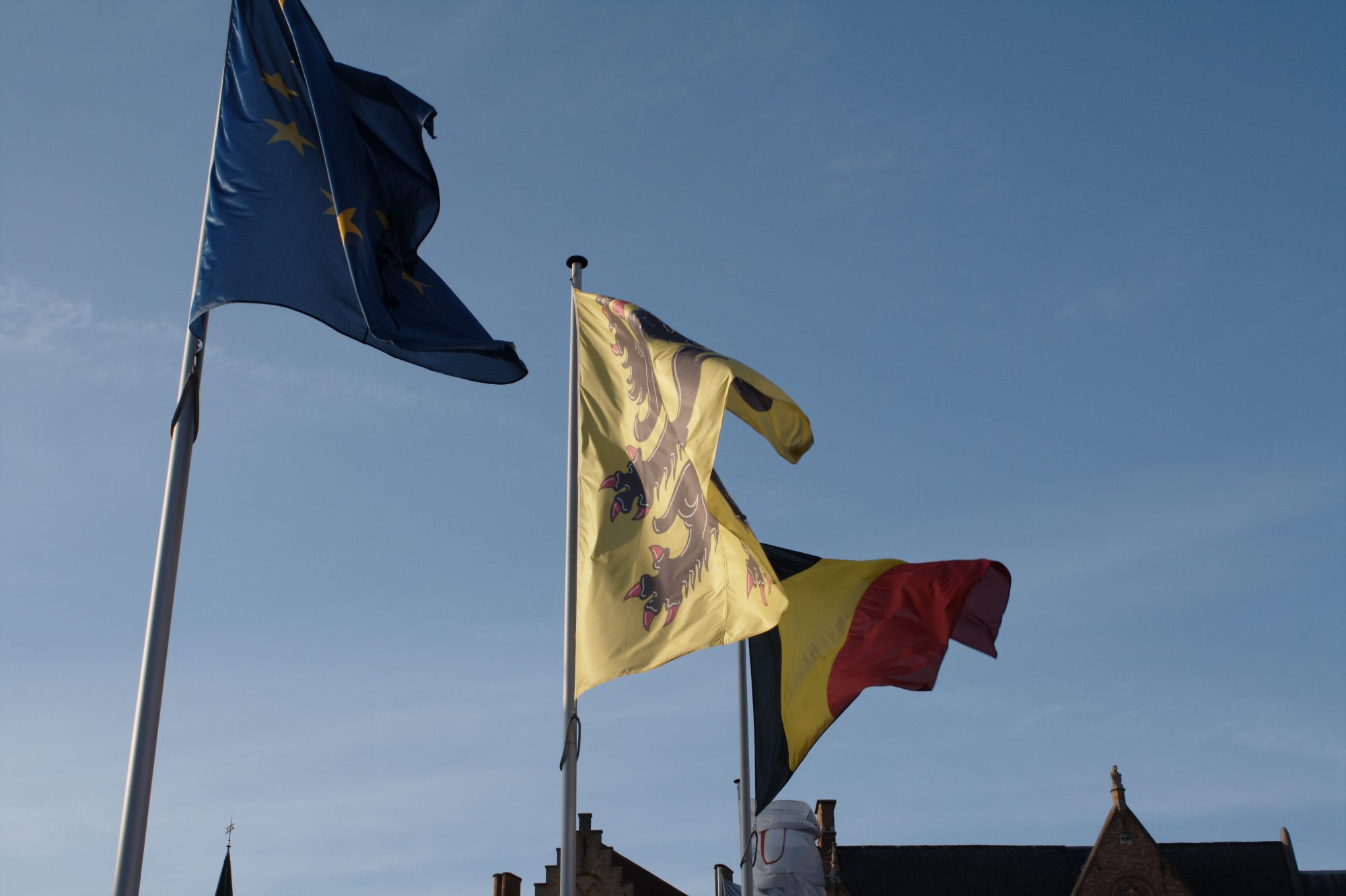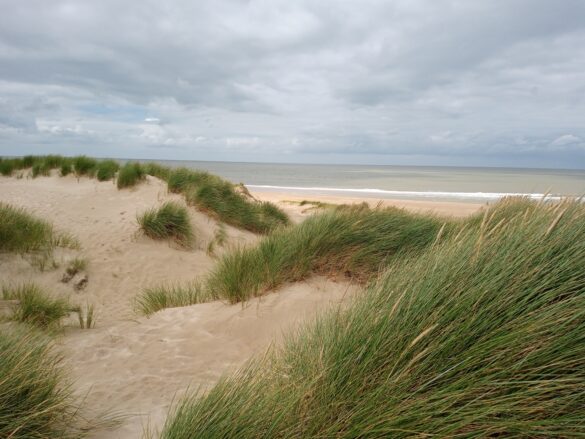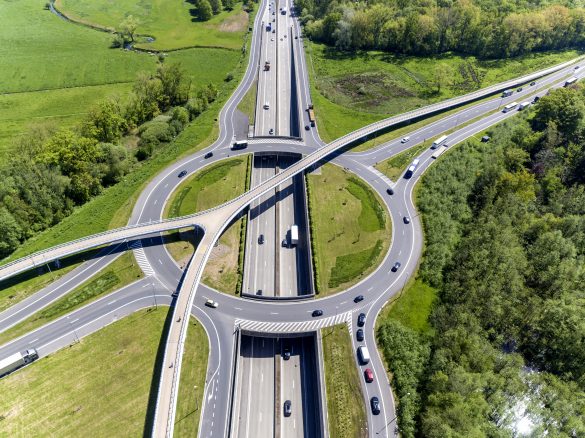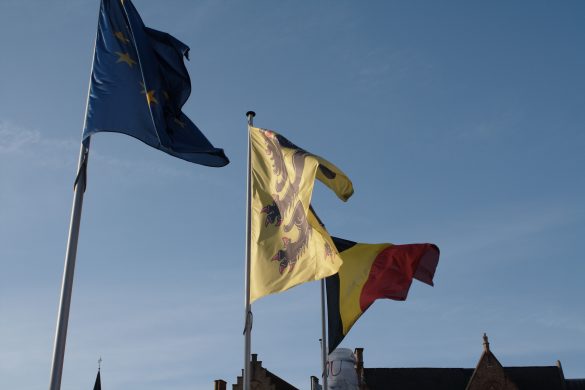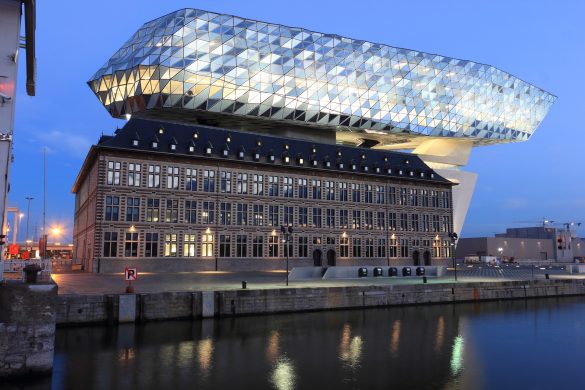Pathways to Sustainable Development – First Belgian National Review on the implementation of the 2030 Agenda
Flanders is the Dutch-speaking northern portion of Belgium. Flanders, despite not being the biggest part of Belgium by area, is the area with the largest population (68.5%). For more than 25 years, the Government of Flanders has been developing future visions to strengthen policy coherence and guide innovation initiatives.
Before Flanders initiated its Vision 2030 to localise the SDGs, each Ministry had its own sustainable development plan, but collectively they were very diverse. The plans were not structural and made little impact. At the beginning of each Legislature new plans were made and each department held on to their own plans without thinking carefully about the interlinkages across the Government; these were efforts to be more sustainable, but they were more superficial than the current plans. Sustainable development was seen as a job for the sustainable development department.
Flanders introduced Vision 2050 [link to Action Vision 2050] as a long-term strategy with 7 priorities that would extend across the entire administration. This was a huge undertaking aimed at raising awareness of the SDGs and the relevance of the goals to each Ministry. Then in 2017, the Belgian Development and Aid Minister announced an initiative that became known as the Voluntary National Review of efforts to implement the SDGs nationally. The impetus for this announcement was to show that Belgium was leading by example. Whilst initially a PR exercise it was an important one because many countries (in Europe and beyond) needed convincing that the SDGs could be localised and implemented. Belgium was in a position to do this and has a sense of pride and accomplishment in its efforts. The Flemish Government welcomed this opportunity to assess its own progress in achieving the SDGs and then fed this information into the national exercise.
A grand undertaking
The information collection required lots of coordination and stocktaking; navigating through all of the relevant people in different Ministries, partner organisations and cities and mapping the collective efforts of them all was a challenge. It was an 8-month undertaking that was completed in May 2018. Flander’s participation in the Voluntary National Review involved networking and coordination on a grand scale. This part of the exercise was particularly useful for making contacts and raising awareness of the work that was on going. Whilst the impetus to integrate the SDGs into all areas of policy and across all institutions was already established with Vision 2050, the Voluntary National Review enabled more insight into exactly how effort was taking shape in practice. When the overall picture emerged, each Ministry’s individual efforts in the collective whole was much clearer to see.
The undertaking was a heavy administrative burden but as an initial piece of work, has laid the ground for updates to be more straightforward. And this is perhaps the biggest impact of the exercise – the coordination mechanisms now exist in Flanders to better manage and reflect on the efforts across the administration to deliver the SDGs. It is now common practice to include Agenda 2030 and SDGs in every policy brief.
There is an expectation that regular reviews will be conducted between now and 2030 to examine progress across Belgium. But the time frames are not set in stone, it is too much work to do such reviews annually, this could in fact detract from the efforts of implementation. But perhaps 2020 or 2021 would be a long enough from 2017 to actually see significant progress. It is ultimately up to Politicians to call another review and as across Belgium the process of transferring to new legislatures is underway, this might be something that is decided soon. Whenever it is announced, Flanders remains committed to delivering Vision 2050 and has the tools in place and awareness of what another review would involve.
Lessons for the future
The Voluntary National Review highlighted that there is still much more to be done, in Flanders, and in Belgium as a whole. The process was constructive, it not only enabled analysis of existing objectives but also enabled awareness raising about where more work is required and served as motivation to move these areas forward. It also highlighted the importance of including stakeholders from all layers of society.
The process went well, it was inclusive, but very time consuming. One of the big issues with this initial review was that stakeholders did not have enough time to provide in-depth contributions. As one of the main challenges was obtaining information and getting people across all Ministries and Divisions engaged – it was difficult to identify all stakeholders that were involved in some way. Some people were initially unresponsive and then there was a lot of information provided late in the process. A huge amount of data was gathered for what became a very brief report, the choices about what to include were also challenging – not all information could be included. Learning from these experiences, a way to improve any subsequent reviews would be to engage stakeholders sooner in the process, giving them more time to have a say and for responses to be coordinated.
